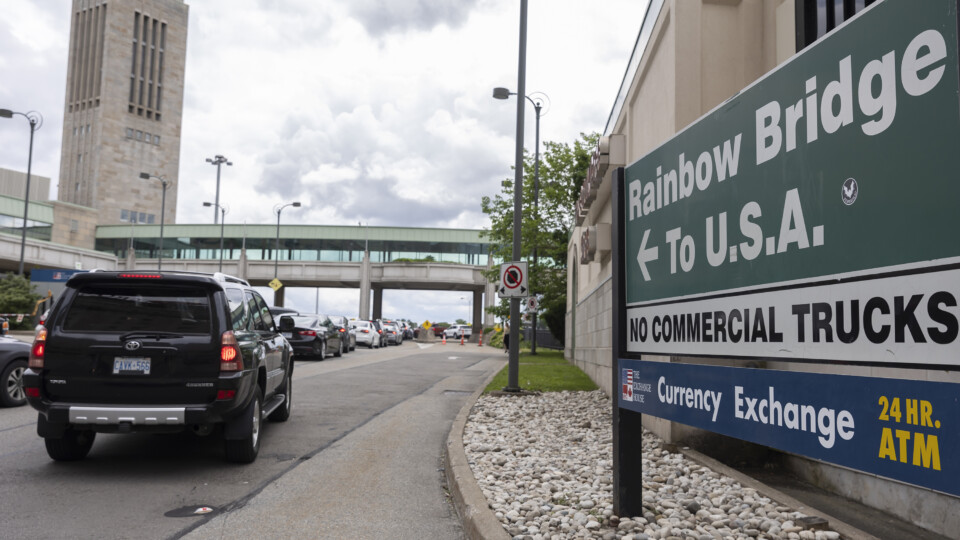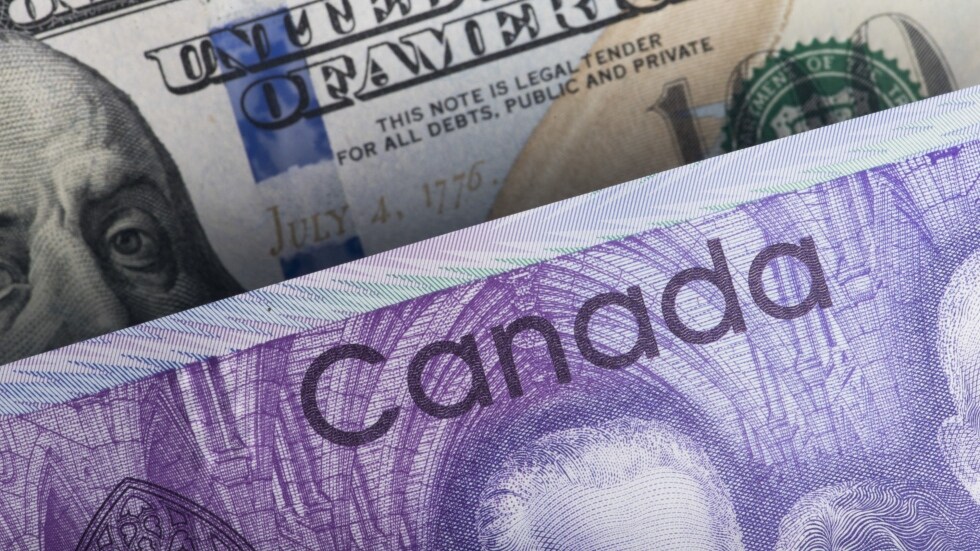




Washington residents recently discussed their pet peeves about visiting Canadians. Some complaints included the confusion between Vancouver, Washington and Vancouver, BC, and driving habits. However, many responses reflected positively on Canada and Canadians. Visiting Canadians contribute around $563 million to the Seattle economy. Canadians also shared their feelings about Washingtonians, with some acknowledging the economic benefits of Canadians visiting Washington and others mentioning traffic issues caused by Washington drivers in Canada. Overall, it seems that Canadians and Washingtonians have a lot in common.
The number of Canadians living in the United States has reached a new record, with over 42,000 people born in Canada now living in the U.S. This is the largest growth in Canadians living in the U.S. since 2013 [f1fef9f4]. The spike in Canadians moving to the U.S. is attributed to worsening quality of life in Canada, high tax rates, and a slow economy. Tax-friendly states like Florida and Texas saw the largest surge of incoming Canadians. The exodus to the U.S. is cyclical and typically occurs around national elections. The strict COVID-19 lockdown measures in Canada compared to the U.S. also motivated many Canadians to leave. Low taxes, stronger salaries, and the strength of the U.S. dollar are attractive to Canadian workers, particularly IT specialists. The E-2 Treaty Investors Visa has made it easier for Canadians to live and work in the U.S. after investing in a U.S. business [f1fef9f4].
The repairs to a major water main in Calgary, Canada have caused major water shortages, with some residents going without water for 14 days. The repairs are estimated to take an additional 3-5 weeks to complete. The City of Calgary has imposed water restrictions and established a phone line for reporting water misuse. Some residents are criticizing the city's spending on public art and bike lanes instead of vital infrastructure. The repairs may not be completed until after the Calgary Stampede, which could impact the event's guests and livestock [f1fef9f4].
According to an opinion piece by Ted Rechtshaffen in the Financial Post [6dd7154b], Canada's core values have shifted, leading to a scary economic future. The author uses a family analogy to explain the financial situation, where the adult child represents the Canadian economy and the parents represent taxpayers. The frustration lies in the higher capital gains inclusion rates and the continued spending despite a massive debt. The author criticizes the government for providing tax-free benefits to struggling families and creating legislation that discourages entrepreneurship. Canada has turned its back on its strengths, such as natural resources and strategic immigration. The country's laws, healthcare, and education systems are also struggling. The author warns that Canada has lost the values that made it great and that its economic future is at risk [6dd7154b].
The outlook for the Canadian and U.S. economies is discussed in an article by BNN Bloomberg [9d2a7e3a]. The article highlights that entrepreneurs are leaving Canada due to a capital gains hike, which has raised concerns about the country's economic growth. It also mentions the 'sell in May and go away' strategy and provides tips on investing tax refunds. The article points out that young investors are more likely to switch advisers due to high fees, which is impacting the financial industry. Additionally, it discusses the expansion of CRA audit powers and the impact of inflation on education savings plans. The article also mentions the first carbon rebates in Canada and provides tips on reducing insurance premiums. It discusses the benefits of adopting a debt-free lifestyle and the fees faced by gig workers. The article highlights that most young adults think retiring by 65 is outdated, indicating a shift in retirement expectations. It mentions the fight against drip pricing and the financial struggles of Canadians despite easing debt worries. The article emphasizes the importance of home ownership for retirement planning and provides tips to avoid OAS clawbacks and other tax traps. It discusses the impact of rising grocery prices, which is affecting consumers' purchasing power. Additionally, it mentions the bankruptcy of a historic NYC office building, reflecting broader economic challenges. The article also mentions the transfer of risk on a portfolio of green mortgages by Deutsche Bank, highlighting the growing interest in sustainable finance. It mentions the fees faced by millions of Colombians on their pension fund savings, shedding light on the financial struggles faced by individuals in different countries. The article discusses the impact of Chinese EV tariffs on Canada, which has implications for the automotive industry. It also mentions the breeding of hybrid dairy cattle for meat, reflecting changing trends in the agricultural sector. The article briefly mentions the IPO of a tech firm in Uruguay and the worsening crisis at Thames Water, indicating global economic developments. The article discusses various topics including NHL Free Agency, the links between the Canadian and American economy, and the potential impact of Canada's defense spending on its relationship with the US. The article also mentions the liberal government's critique of Pierre Poilievre and the possibility of implementing automated ball-strike systems in Major League Baseball. Additionally, the article highlights the Detroit Pistons' interest in Trajan Langdon for the position of president of basketball operations and Antonio Brown's bankruptcy filing. Finally, the article mentions the Dallas Cowboys' indecision on Dak Prescott's contract and the upcoming NFL season [f18fbd1b].
Washington residents recently discussed their pet peeves about visiting Canadians. Some complaints included the confusion between Vancouver, Washington and Vancouver, BC, and driving habits. However, many responses reflected positively on Canada and Canadians. Visiting Canadians contribute around $563 million to the Seattle economy. Canadians also shared their feelings about Washingtonians, with some acknowledging the economic benefits of Canadians visiting Washington and others mentioning traffic issues caused by Washington drivers in Canada. Overall, it seems that Canadians and Washingtonians have a lot in common.